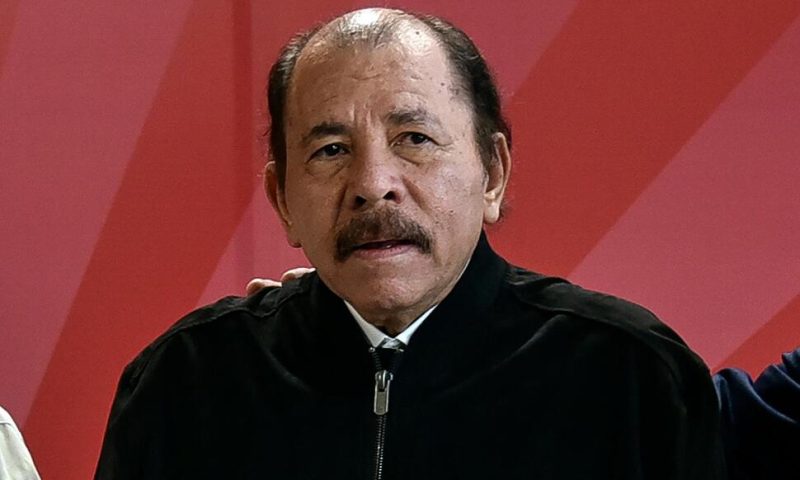Nicaragua’s government has closed another 151 nongovernmental organizations, among them some of the most important trade organizations, including the American Chamber of Commerce
MEXICO CITY — Nicaragua’s government closed another 151 nongovernmental organizations Thursday, among them some of the most important trade organizations, including the American Chamber of Commerce, coming just days after the government shuttered some 1,500 nongovernmental organizations, many of them religious in nature.
The Interior Ministry also cancelled the legal status of the umbrella organization for European countries’ chambers of commerce in Nicaragua.
The U.S. chamber, known locally as AMCHAM, had been in existence in Nicaragua for 47 years. It focused on promoting investment and bilateral trade with Nicaragua’s most important trade partner. The Associated Press left messages with the chamber seeking comment on the move.
The relationship between the U.S. and Nicaragua has been strained for years, especially since President Daniel Ortega’s deadly crackdown on massive street protests in 2018, but commerce continued.
Other groups closed in the decree were the National Union of Farmers and Ranchers, as well as chambers of commerce from various other countries including Mexico, Panama and Uruguay.
Ortega has targeted nongovernmental organizations since the 2018 uprising, alleging that organizations receiving foreign funds were involved in what he considered an attempt to oust him from office. To date, his government has closed more than 5,000.
On Monday, Ortega decreed that 1,500 organizations, mostly religious and including churches, be closed. Officially, the government said they had not correctly reported their financial statements to the government.
Enrique Sáenz, an economist and political analyst, said that the closure of organizations tied to the private sector, which he characterized as “absolutely irrational.”
“They’re shooting themselves in the foot with a shotgun,” he said, noting that the government is reducing public spending and now will lose the jobs those organizations created.
“It sends a disturbing message” to businesses and overseas and displays “a climate of uncertainty for trade and investment,” he said.
The closures impact Nicaraguans as well since many of the organizations provide some form of relief to people in need, he said.

